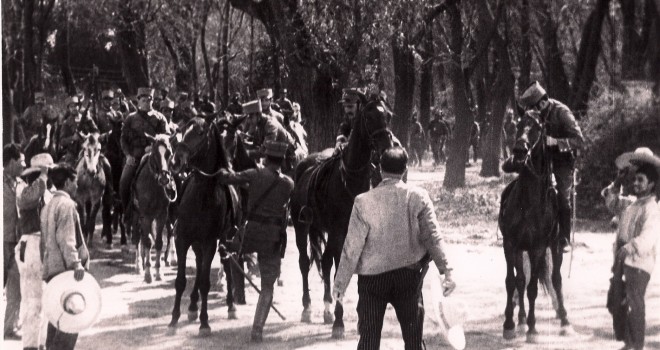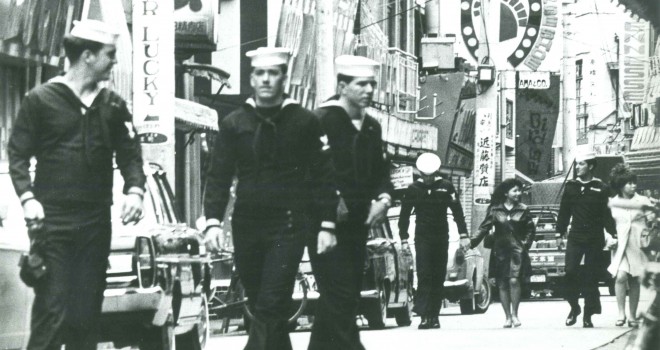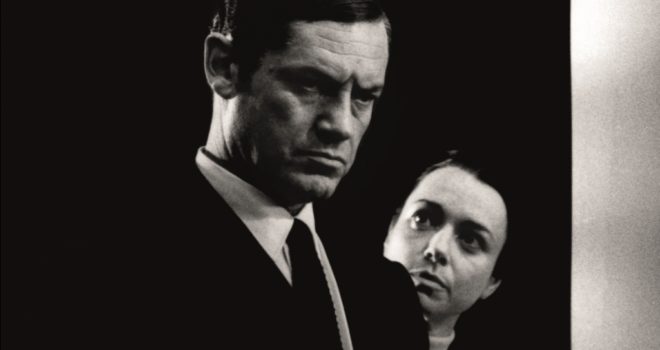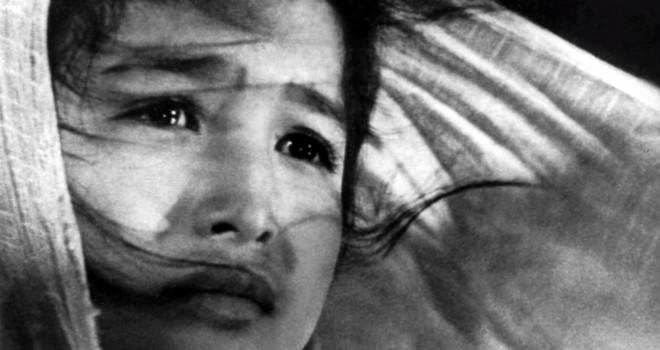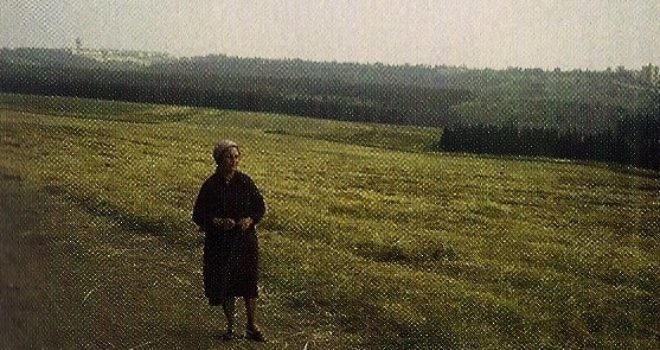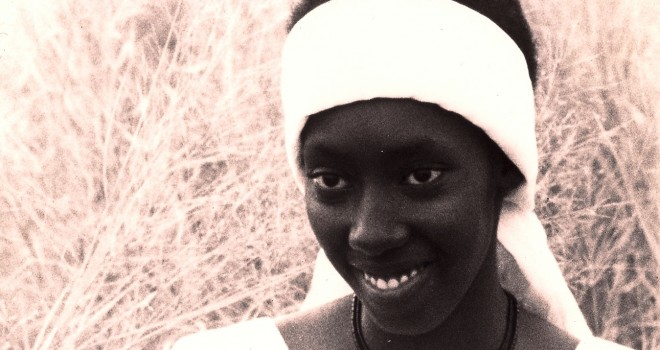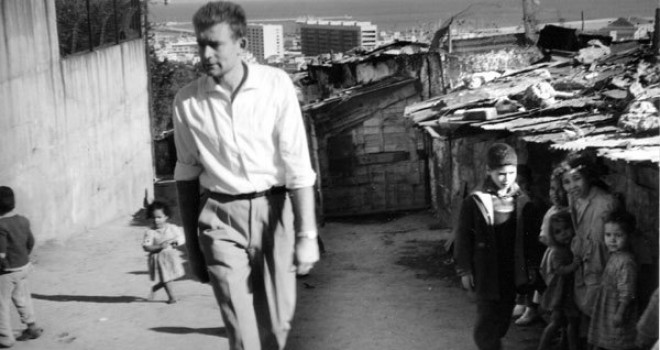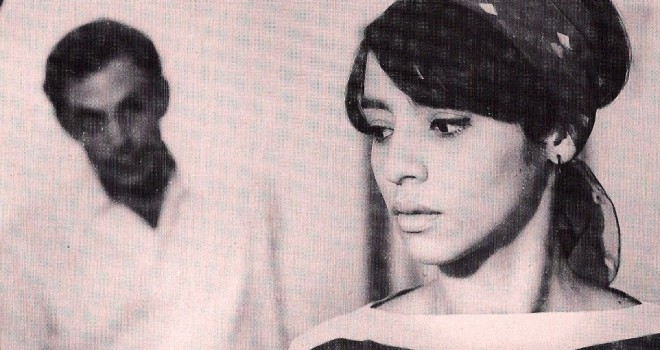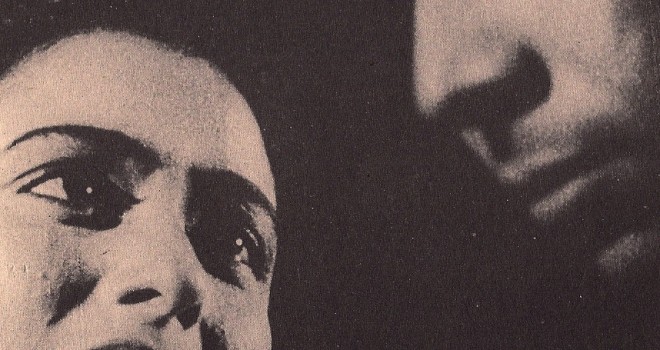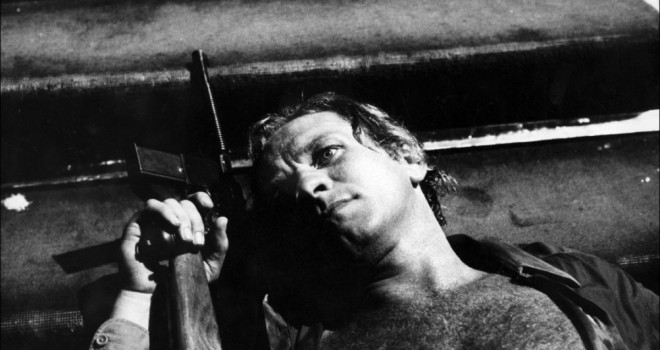This program no longer focuses exclusively on the monograph, dedicated to National cinematography, a specific time or an author. By abandoning the usual subsets for a more topic orientated query, we intend to echo on a different temporal and geographical scale the issues that run through these films by placing them under a unique sky which as Manoel de Oliveira said is History’s only certainty. In a lecture given at the Fémis in 1987, Gilles Deleuze evoked the existence of a mysterious link between artwork and mankind marked by struggle. It is well known, film has often found itself involved in the political outbursts of its time be it by force or by a will of its own. Both image creator and an all-embracing image bank, through it we have developed our ability to apprehend the past as well as a large range of emotions that run from small every day acts and words to worldwide events. Film more than any other art gives us a sense of forging a relationship with its audience based on aesthetics and history, one might even say that it is its ontological virtue. Most of the films within the « Politiques du Cinéma » program evoke real or imagined fighting, resistance, revolts, divisions and popular uproar as well as constant hope and fear. Each in their own way, caresses an immanent or remote politically based reality, overlooking its ever-changing trut : totalitarian, revolutionary, parliamentary… But the stand that cinema makes on « real life » and that it shares with politics is defined by art’s intrinsic capacity to create and specifically by its staging. It is therefore guided by this possibility (and not that of an eventual instrumentation of film by politics) that we understand the interface of these two issues. Thus question is what can film do and in what way can it relate to « politics ». Perhaps, in turn, these experiences will shed a light on the mysterious bounds that push human aspirations and art to continue exploring historical grounds ? On this last issue Andre Malraux in his Imaginary Museum, voiced a great ide : art is the only thing that resists death. The Zapatista revolution, a Fordist drama directed by Fernando de Fuentes, the agitprop verve of Cuba’s Santiago Alvarez, the unpredictable plot at the confines of film noir and fantasy Invasion by Hugo Santiago, the state of trance of South American political illusions by Glauber Rocha, the flip side of the official version of history given by a girl behind a bar in Imamura, the life of a popular theatre referring to the Partition of Bengal… If nothing a priori predestinates film to interfere in politics, we can measure through these films the preciousness of its acts in the celebration of the thought. And, by rebound, question its current commitment.
Jérôme BARON



